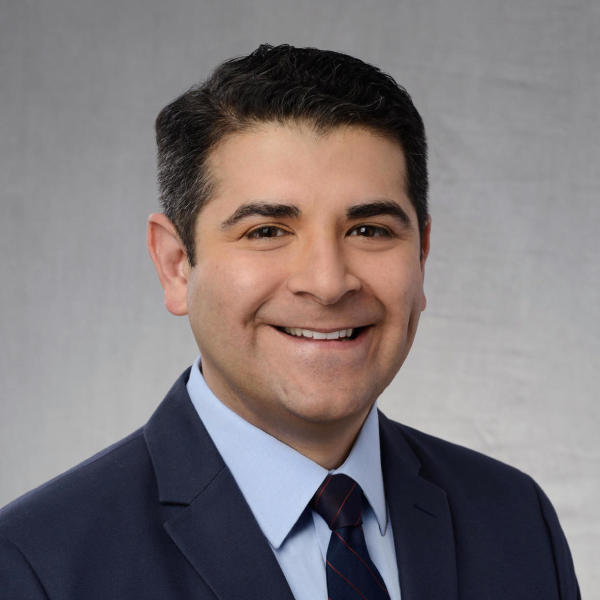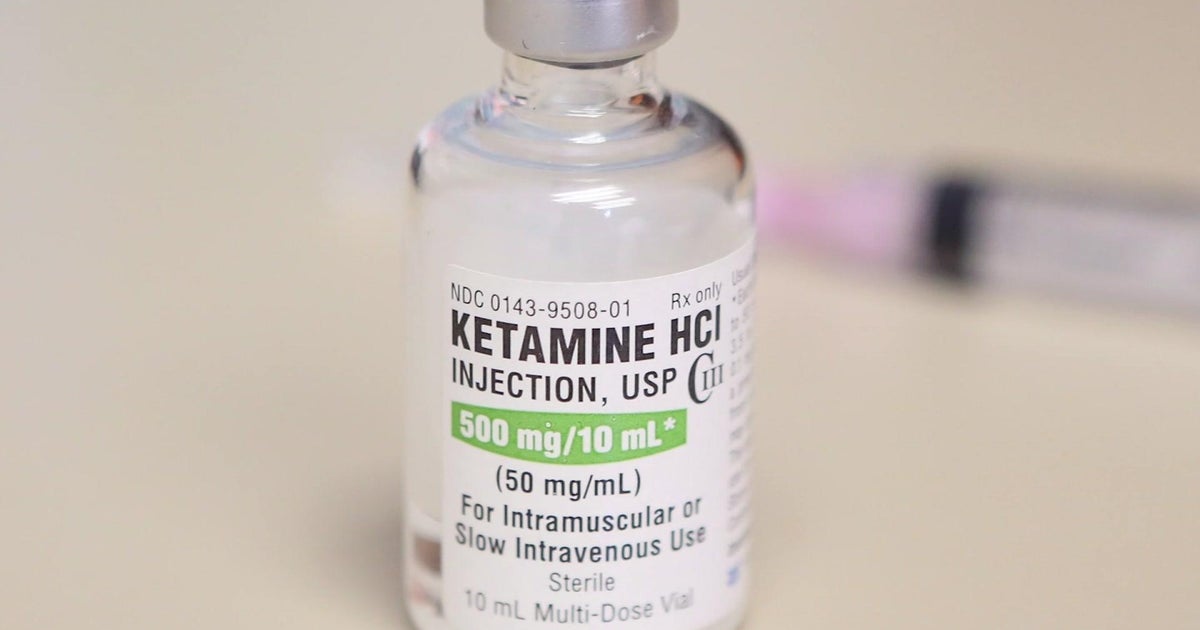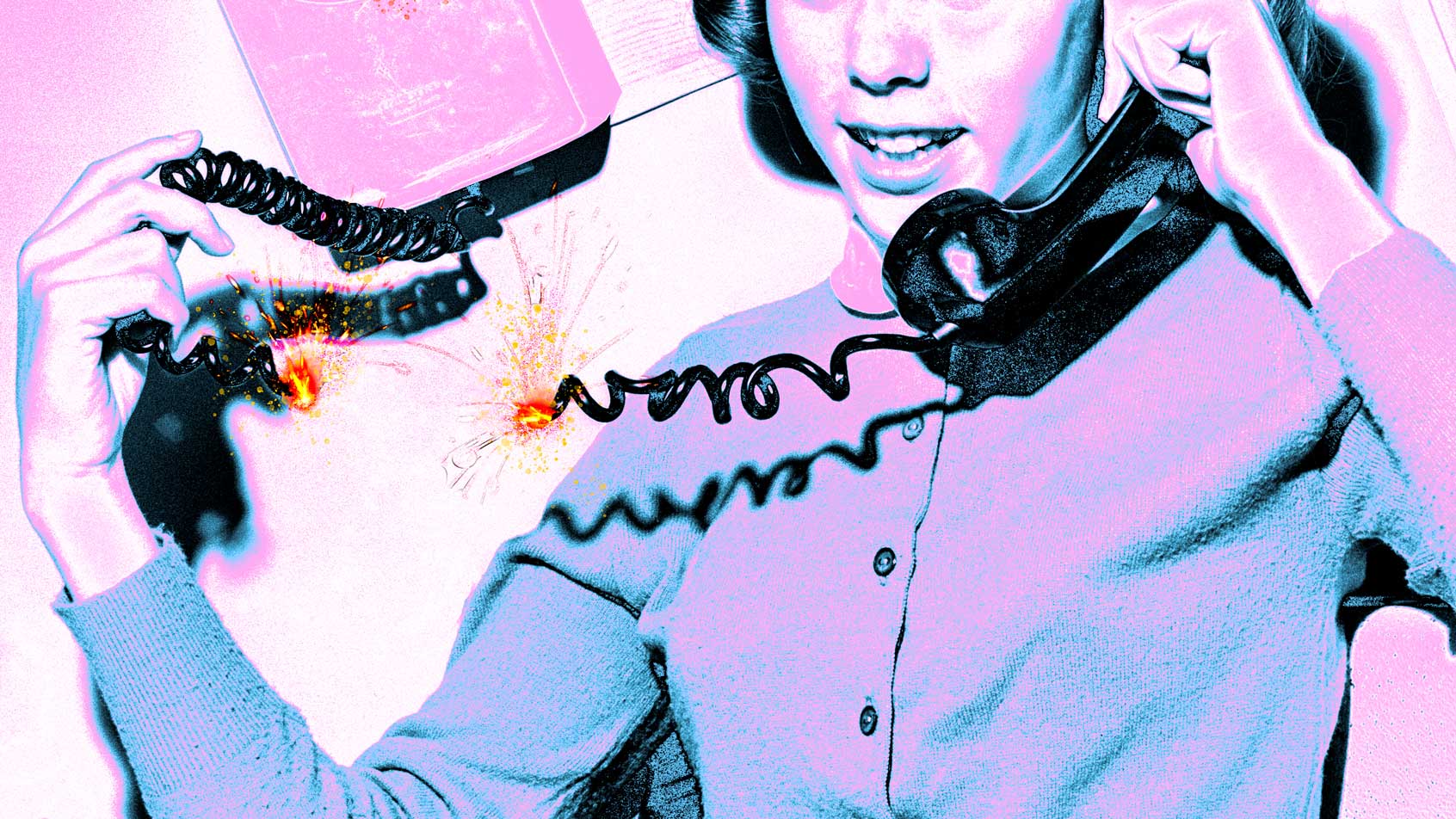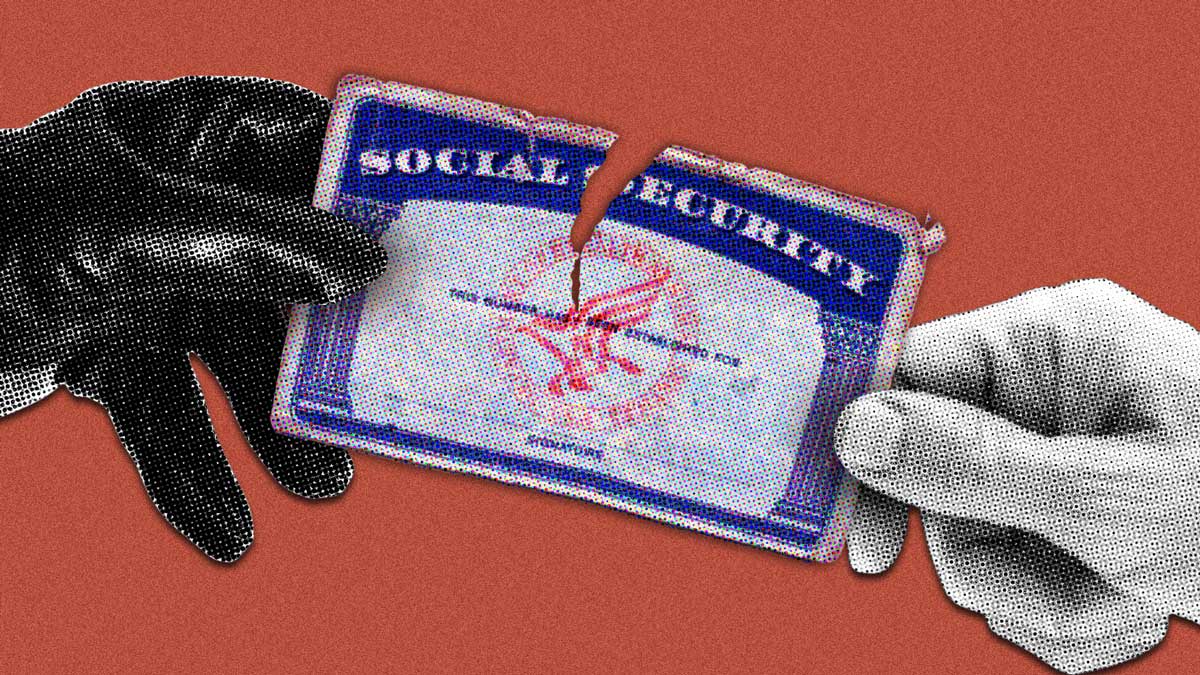An alternative to police: Mental health team responds to emergencies in Oregon
For immediate help if you are in a crisis, call the toll-free National Suicide Prevention Lifeline at 1-800-273-TALK (8255), available 24 hours a day, seven days a week. All calls are confidential.
Eugene, Oregon — When a mental health-related 911 call comes in, a specialized team in Eugene, Oregon, rolls out.
"Pretty much everybody we see is for one reason or another is in a state of crisis," said Manning Walker.
Walker is a medic and Laurel Lisovskis is a mental health crisis manager. The pair are members of a mobile mental health crisis intervention team called CAHOOTS, which stands for Crisis Assistance Helping Out On The Streets. They answer calls like suicide interventions and overdoses. They're unarmed and most of the time, without police backup.
"We always move as a team," Lisovskis said.
They took CBS News on an exclusive ride along. Their first call was for a woman they've met before, who they believe is schizophrenic. She said her name was Kayla.
"I like CAHOOTS. They help you in your time of need. When you are hungry and certain things like that," she said.
CAHOOTS was founded in 1989. Last year, they responded to nearly 23,000 calls in Eugene and Springfield, Oregon. Denver is starting its own version of CAHOOTS. City leaders from Oakland, Olympia, Washington and even New York City are all considering similar pilot programs.
"We handle almost 20% of the entire public safety call volume for our area," said Tim Black, Eugene's CAHOOTS program manager. "But there was such a dramatic need coming in through the 911 and non-emergency lines that there was a need for there to be this kind of behavioral health first response."
CAHOTOS team members are trained to de-escalate when responding to a mental health crisis. A recent study found 25 to 50% of fatal officer-involved shootings involved someone with a severe mental illness.
"They don't need jail. What they need is they need to be able to be de-escalated from their crisis, they need a ride to a mental-health facility or to a medical-care facility or wrapped around with services. That's what the people need. They don't need to be going to jail every time," said Eugene Police Chief Chris Skinner.
It's a new way to protect and serve — and maybe save a life.






